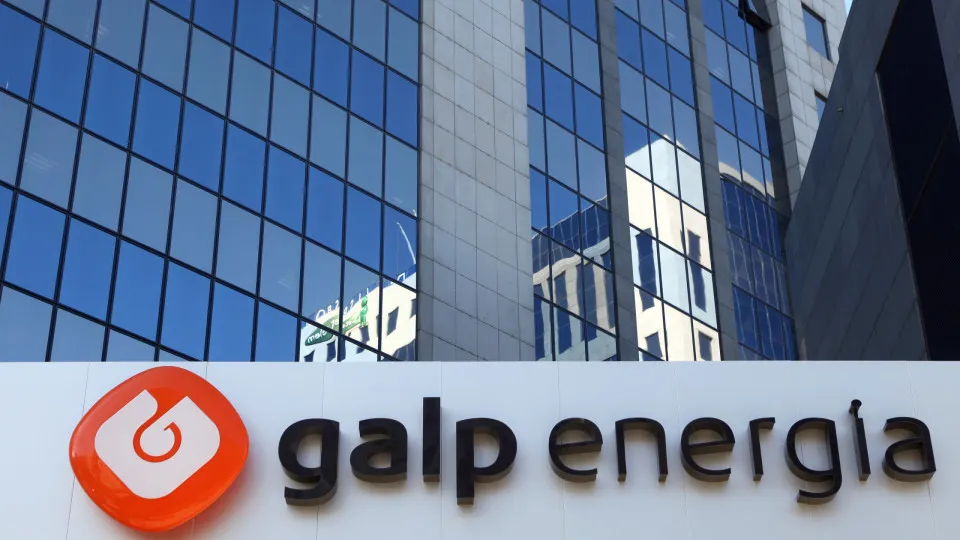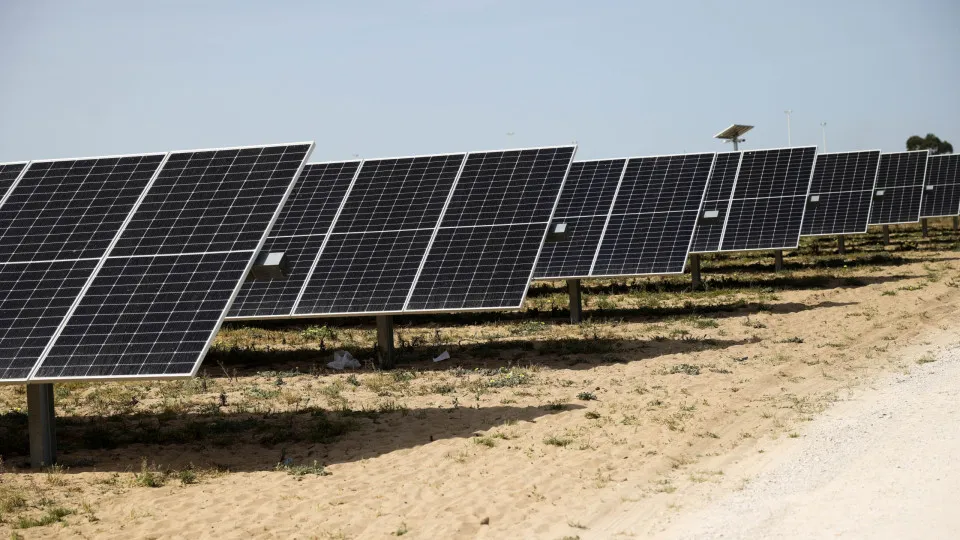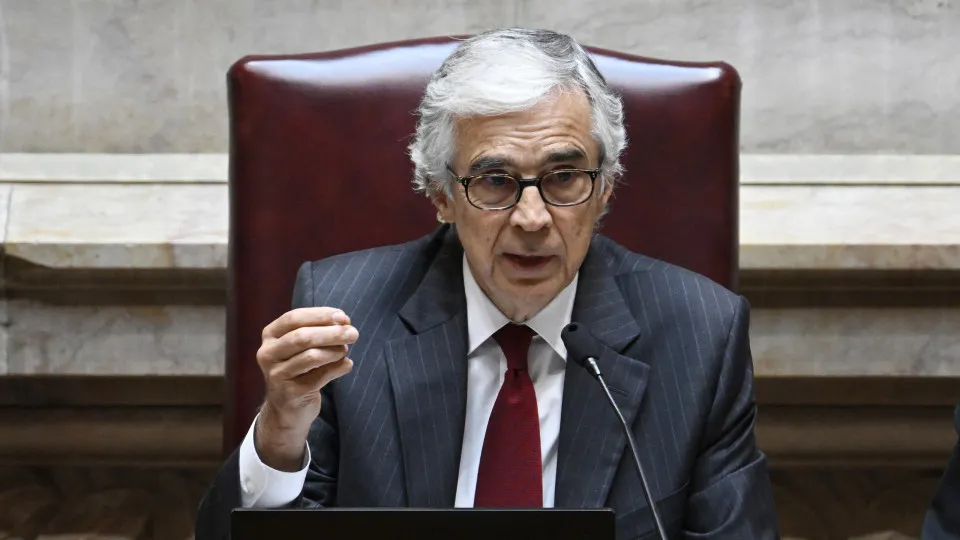
“The challenge we now face is accelerating the process of connecting the remaining production and injection wells to maximize production and fully recover the investment we have made so far,” said Nuno Bastos during a meeting with journalists.
The Bacalhau project, located in the Santos Basin, represents the largest investment in Galp’s history, exceeding two billion euros. “It is only from here that we will begin to see returns on all the investment we have made,” he stated.
The FPSO (Floating Production Storage and Offloading) vessel commenced operations last week, with a production capacity of 220,000 barrels per day, “equivalent to Galp’s refining capacity in Sines.”
According to the manager, Bacalhau is also “one of the most advanced platforms in the world,” with high energy efficiency standards. “It is one of the units with the best energy efficiency globally, with a natural gas combined-cycle system (CCGT) onboard that optimizes energy consumption and reduces emissions by about 50% compared to industry standards,” he detailed.
The project is operated by Equinor, in partnership with ExxonMobil and Petrogal Brasil (Galp), and is expected to increase the Portuguese oil company’s total production by approximately 30%, adding around 40,000 daily barrels when it reaches full capacity.
“When we reach maximum capacity, this project should generate around 400 million dollars annually in ‘free cash flow’ for Galp,” Nuno Bastos added.
The official emphasized the company’s commitment to more sustainable practices, despite the fossil nature of the business. “I understand the contradiction, we are discussing oil, but there is a real need for consumption and demand. We are here to meet this need in the most efficient and clean way possible,” he stated.
To demonstrate the importance of this project, Nuno Bastos described the infrastructure’s size: “The platform is practically a small city at sea, 370 meters long — equivalent to three and a half football fields — with a crew of 160 people working 24 hours a day, seven days a week.”
The administrator also highlighted that Bacalhau “reinforces the resilience and future” of Galp’s portfolio, offsetting the natural decline in production from mature fields in Brazil. “This project gives us perpetuity and growth opportunities. It symbolizes what Galp is in ‘upstream’: efficiency, technology, and execution capability,” he concluded.
To provide a more realistic idea of the magnitude of the issue, when production begins to decline, it falls by about 5% per year. “In a production of 100 million barrels per year, or a slightly higher consumption of 100 million barrels per year, five million barrels disappear every year and need to be produced by new fields and reservoirs each year,” he exemplified.
Considering that five million barrels are above what Brazil produces today, “it means that every year we need to find a new Brazil and manage to start producing a new Brazil across the world,” he noted.
Norwegian Equinor is the leading partner in the Bacalhau project in Brazil’s pre-salt Santos Basin, with a 40% stake (operator), along with ExxonMobil, which also holds 40%, while Galp holds 20% of the project through Petrogal Brasil, a joint venture with Sinopec (Galp 70% | Sinopec 30%), with Pré-Sal Petróleo SA also as a partner.
This is the 13th unit Galp has deployed in Brazil’s pre-salt area since 2010.




